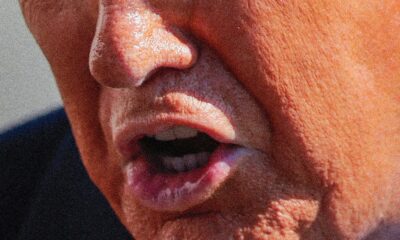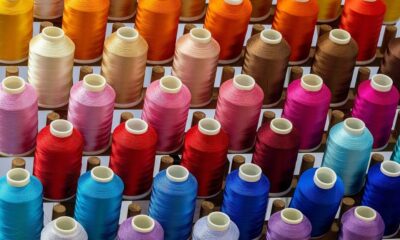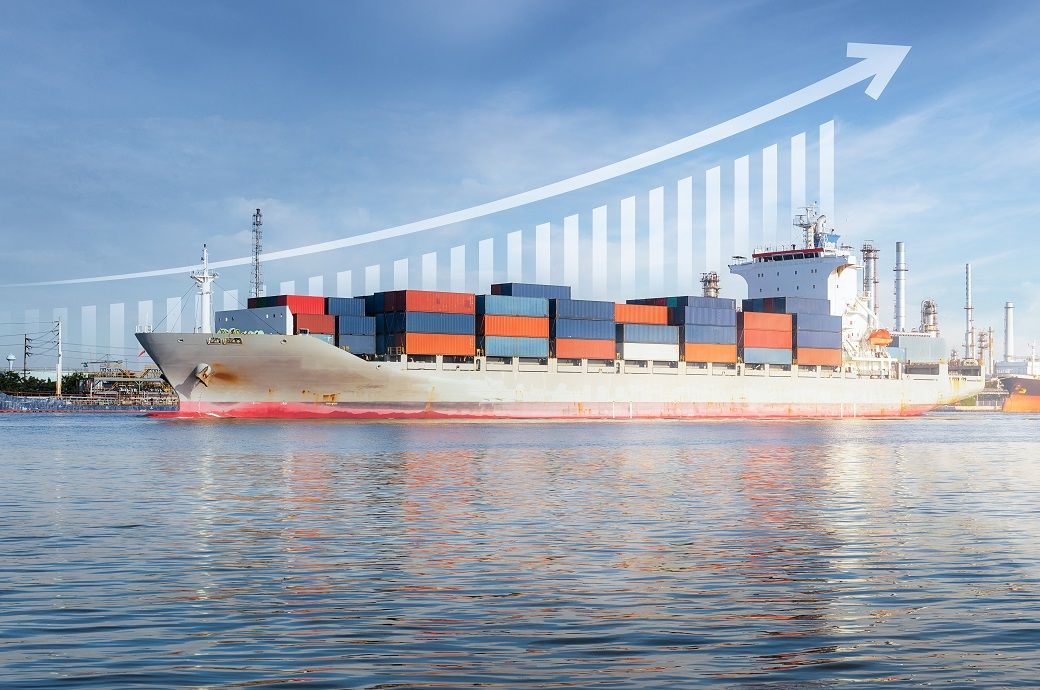Fashion
Indian textile exporters turn to Europe, offer discounts to offset US tariffs
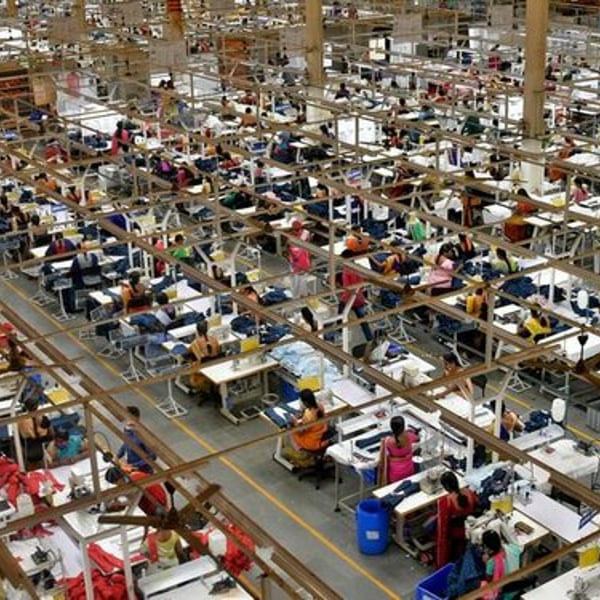
By
Reuters
Published
October 14, 2025
Indian textile exporters are seeking new buyers in Europe and offering discounts to existing US customers to cushion the blow from steep US tariffs of as much as 50%, industry executives said. President Donald Trump doubled tariffs in August on Indian imports, placing them among the highest for any trading partner, and affecting goods and produce ranging from garments and jewellery to shrimp.
A Mumbai-based garment exporter, who sought anonymity ahead of signing export contracts, said his company was prioritising diversification into European Union markets and that an early trade deal with the bloc would help boost shipments from India.
Trade talks between India and the EU have entered a decisive phase, as their teams work intensively to meet a year-end target for signing a free trade pact.
The EU is India’s largest trading partner for goods, with two-way trade of $137.5 billion in the fiscal year to March 2024, for an increase of nearly 90% over the past decade. Indian exporters are stepping up efforts to meet the EU’s tougher standards on chemicals, product labelling, and ethical sourcing, textile exporters said.
Exporters are upgrading production facilities to meet these standards, said Rahul Mehta, whose website describes him as the chief mentor of the Clothing Manufacturers Association of India. Exporters are also keen to reduce their dependence on the US, Mehta added.
The US was India’s largest market for textiles and apparel in the fiscal year to March 2025, taking nearly 29% of total exports of roughly $38 billion. Some exporters have started offering discounts to retain US customers, said Vijay Kumar Agarwal, chairman of Mumbai-based Creative Group, whose US exports make up 89% of its total shipments.
If US tariffs continue to bite, the company could lose 6,000 to 7,000 of its 15,000 workers, and after six months may consider moving production to Oman or neighbouring Bangladesh, Agarwal said.
© Thomson Reuters 2025 All rights reserved.
Fashion
European Commission, Switzerland sign broad package of agreements
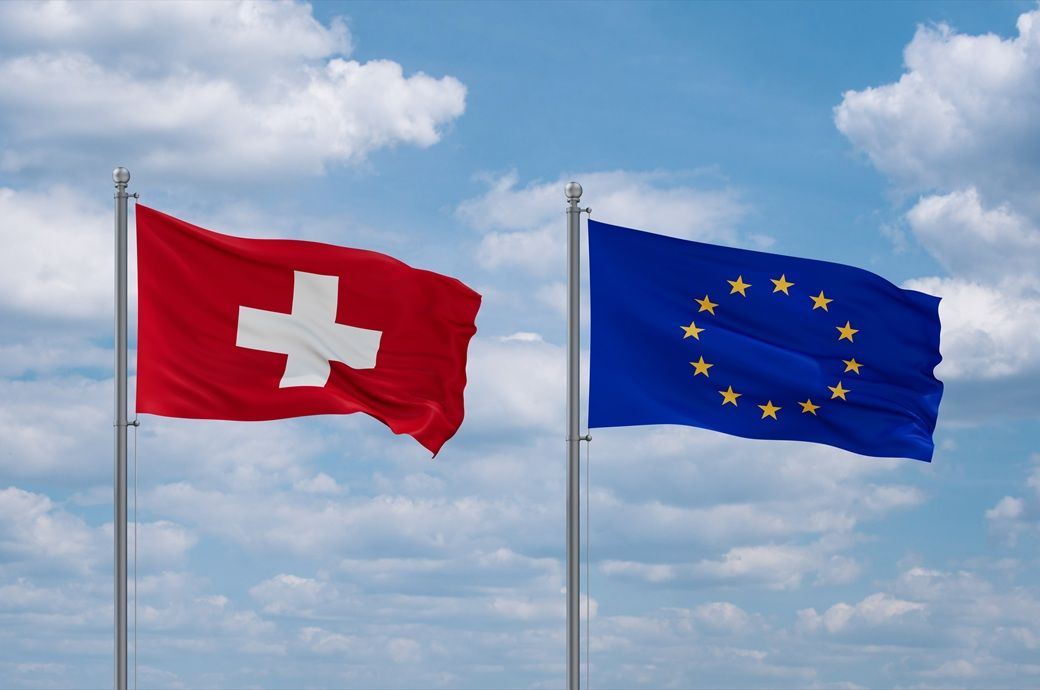
The package establishes a modern framework for both sides, enabling frictionless access to a market of 460 million consumers in key sectors, delivering economic benefits to both parties.
European Commission President Ursula von der Leyen and Swiss President Guy Parmelin yesterday signed a broad package of agreements aimed at deepening and expanding EU-Switzerland ties.
By aligning standards and rules in closely integrated areas, it will provide legal certainty, simplify trade in goods like medical devices and food products, and ease cross-border supply for businesses on both sides.
By aligning standards and rules in closely integrated areas, it will provide legal certainty, simplify trade in goods like medical devices and food products, and ease cross-border supply for businesses on both sides of the border.
Additionally, it will ensure more consistent rules for individuals who live, work or study across the EU-Swiss border. Switzerland will contribute to the development of legislation in the areas covered by the package and will have the opportunity to influence these rules as they are being designed.
“By modernising and deepening our ties across key sectors, from trade and transport to health and energy—we are strengthening legal certainty, fostering innovation and creating new opportunities for our citizens and businesses,” von der Leyen said in a release from the Commission.
The package includes updates to four already existing agreements, which already give Switzerland access to the EU internal market, regarding air transport, land transport, the free movement of persons and mutual recognition of conformity assessment.
New agreements on food safety, electricity, health and Switzerland’s participation in the EU Agency for the Space Programme were signed. A new agreement introduced a permanent and fair financial contribution by Switzerland to economic and social cohesion within the EU.
Apart from a protocol on parliamentary cooperation, the package includes also a joint declaration on the establishment of a high-level dialogue on the broad bilateral package.
Fibre2Fashion News Desk (DS)
Fashion
Iran conflict sends apparel freight rates soaring on US & EU routes
Fashion
Polyester filament prices jump in India as crude spikes
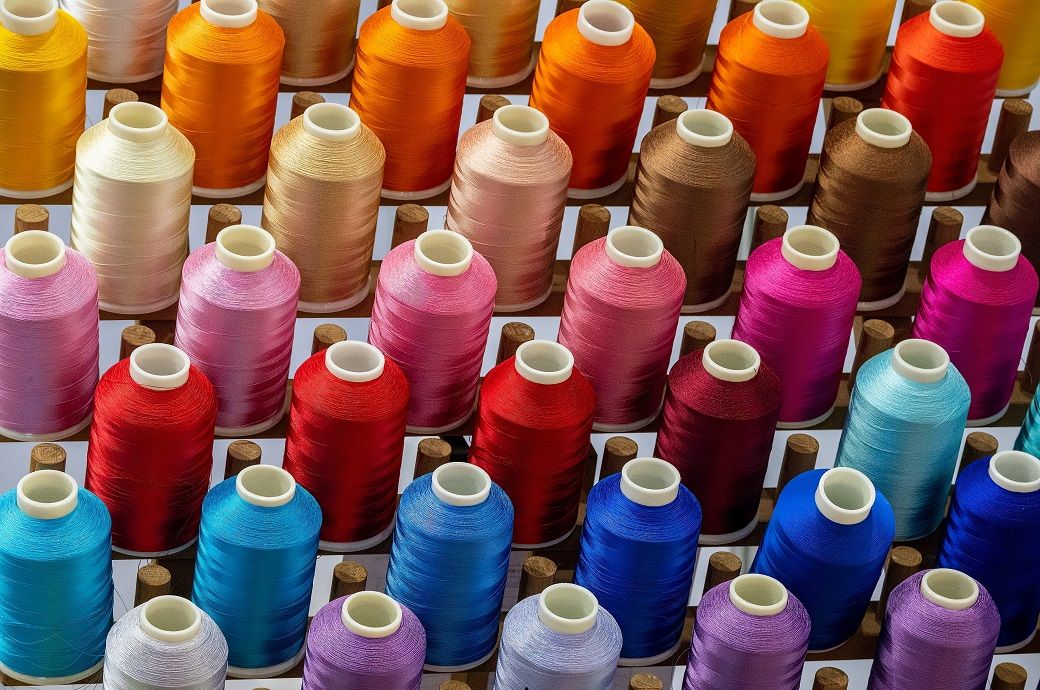
Following earlier increases in purified terephthalic acid (PTA), melt and PSF, Indian producers have now raised PFY prices. POY, FDY and PTY prices have been increased by ****;* per kg across all deniers and lustres with effect from March *, reflecting rapid cost pass-through amid heightened volatility in crude-linked value chains, according to the market sources.
In the previous weekly revision effective February **, ****, PTA was increased by ****;*.** per kg to ****;**.** per kg, while monoethylene glycol (MEG) was retained at ****;**.** per kg. Polyester melt prices were raised by ****;*.** per kg to ****;**.** per kg. Downstream PSF prices were also revised upward by ****;*.** per kg from March *.
-

 Business6 days ago
Business6 days agoIndia Us Trade Deal: Fresh look at India-US trade deal? May be ‘rebalanced’ if circumstances change, says Piyush Goyal – The Times of India
-

 Politics7 days ago
Politics7 days agoWhat are Iran’s ballistic missile capabilities?
-

 Politics7 days ago
Politics7 days agoUS arrests ex-Air Force pilot for ‘training’ Chinese military
-

 Business1 week ago
Business1 week agoHouseholds set for lower energy bills amid price cap shake-up
-
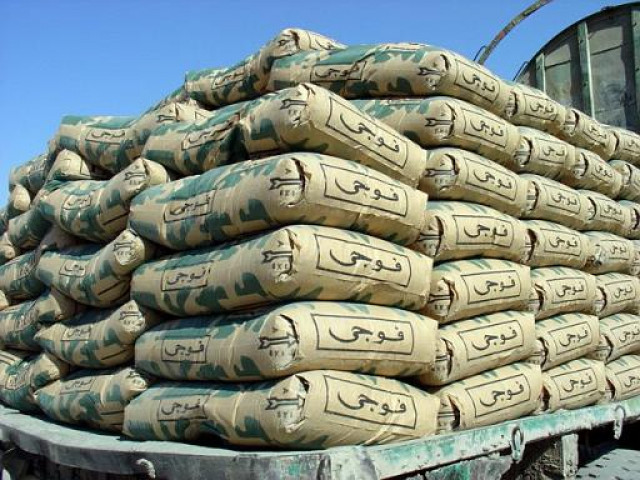
 Business6 days ago
Business6 days agoAttock Cement’s acquisition approved | The Express Tribune
-
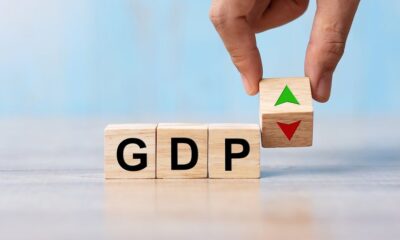
 Fashion1 week ago
Fashion1 week agoOECD GDP growth slows to 0.3% in Q4 amid mixed trends
-

 Fashion6 days ago
Fashion6 days agoPolicy easing drives Argentina’s garment import surge in 2025
-

 Business5 days ago
Business5 days agoGreggs to reveal trading amid pressure from cost of living and weight loss drugs






